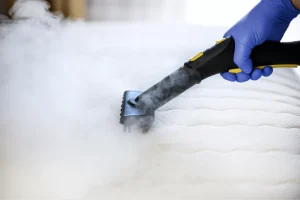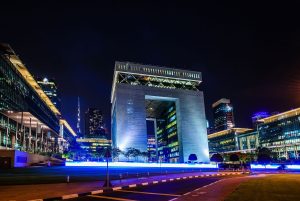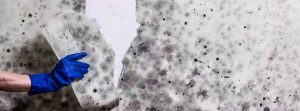
EIFS (Exterior Insulation and Finish Systems) insulation is a highly effective and popular building envelope solution that provides superior thermal insulation, moisture control, and aesthetic appeal. Understanding how EIFS insulation works can help homeowners, architects, and builders make informed decisions regarding its implementation. This article provides a comprehensive overview of how EIFS Dubai functions to enhance energy efficiency and protect buildings.
Layers of EIFS insulation:
EIFS insulation consists of several layers that work together to create a continuous and energy-efficient building envelope. The typical layers include:
Insulation board:
The system begins with a rigid insulation board made of expanded polystyrene (EPS) or extruded polystyrene (XPS). This insulation board is installed directly onto the exterior wall, providing a thermal barrier against heat transfer.
Base coat:
A base coat is applied over the insulation board, serving as a bonding agent for the subsequent layers. It enhances the adhesion and integrity of the system.
Reinforcing mesh:
A layer of reinforcing mesh is embedded into the wet base coat. This mesh strengthens the system, providing resistance to cracking and improving its durability.
Finish coat:
The final layer is the finish coat, which adds aesthetic appeal and protection to the EIFS insulation. The finish coat can be textured, smooth, or patterned, offering a wide range of design options to suit architectural preferences.
Thermal insulation:
The primary function of EIFS insulation is to provide superior thermal insulation. The insulation board, typically made of EPS or XPS, has excellent insulating properties. It prevents heat transfer by creating a barrier between the exterior and interior spaces, reducing the need for excessive heating or cooling. This thermal insulation enhances energy efficiency and contributes to a more comfortable indoor environment.
Moisture control:
EIFS insulation also plays a crucial role in moisture control. The insulation board acts as a protective layer, preventing moisture intrusion from the exterior. The base coat and finish coat further enhance the system’s resistance to water penetration, creating a watertight barrier. Properly installed EIFS insulation helps to prevent moisture-related issues such as mold, rot, and structural damage, ensuring the longevity and durability of the building.
Air infiltration:
Another benefit of EIFS insulation is its ability to minimize air infiltration. The insulation board and the layers of coatings form a continuous and seamless barrier against air leaks. This feature reduces drafts, heat loss, and the entry of outdoor pollutants, creating a more comfortable and healthier indoor environment.







